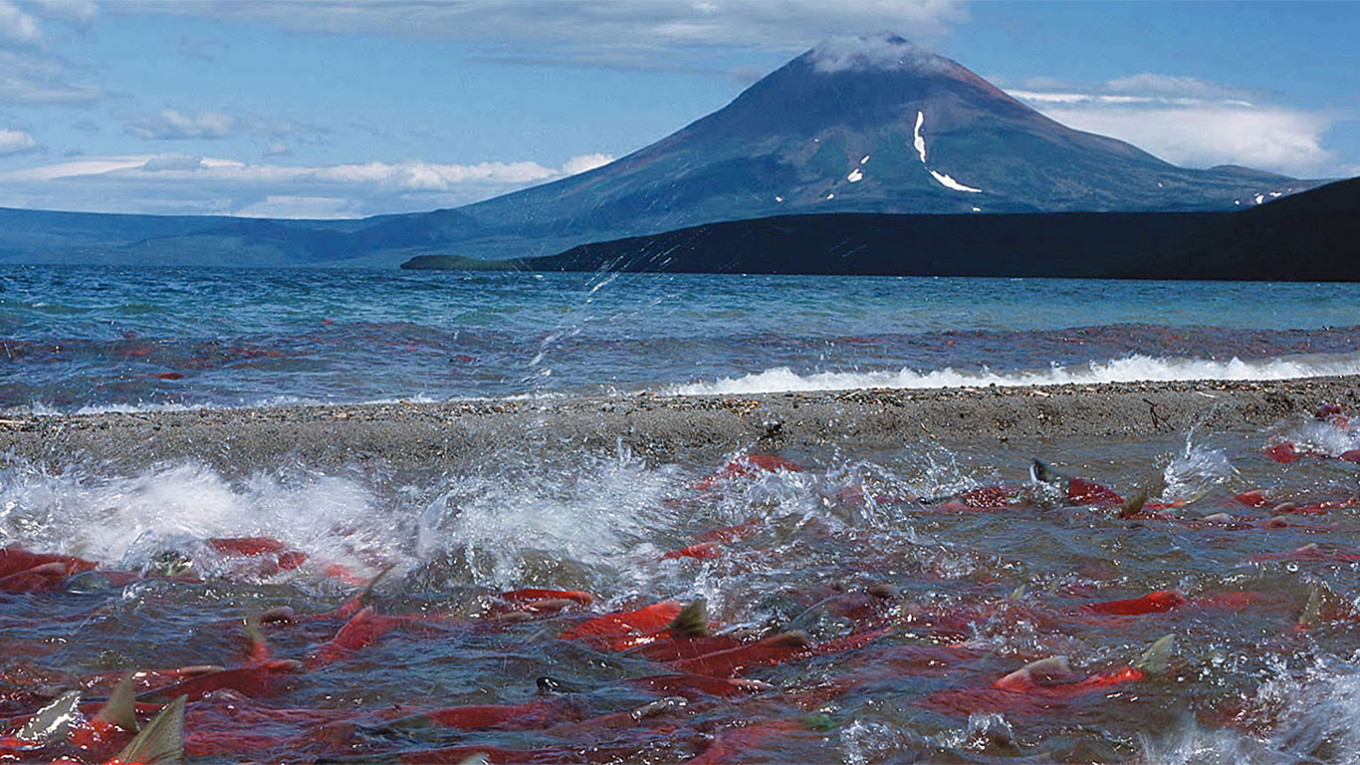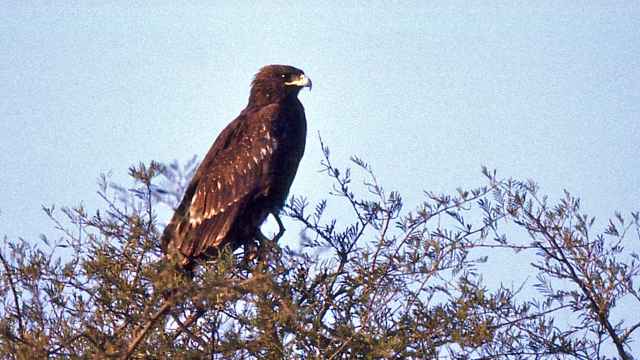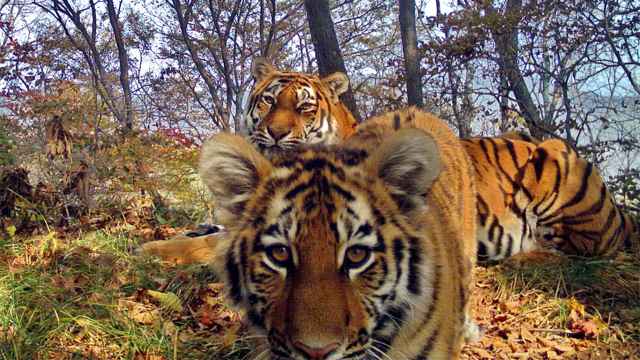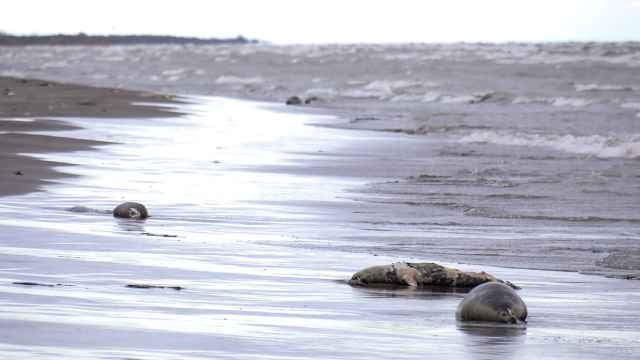Russia has banned the U.S.-headquartered Wild Salmon Center (WSC) as an “undesirable” organization Tuesday, accusing the conservation NGO of working to hinder the country’s economy.
The label means the WSC, which works to protect wild salmon populations and their habitats, must cease all operations in Russia. It is also illegal for Russians to carry out any interaction with “undesirable” organizations.
In a statement announcing its decision, the Prosecutor General's Office alleged that the WSC used its work as "a cover for the implementation of projects aimed at restraining Russia's economic development."
It also accused the NGO of promoting “seemingly beneficial initiatives to create specially protected natural areas (SPNAs) in the Russian Far East with the aim of excluding these territories from use, restricting fishing activities for Russian industrial companies, and blocking gas and oil extraction industries in the Sakhalin region in the interests of foreign non-governmental companies and individuals.”
Founded in 1992, the Wild Salmon Center advocates for the protection of Pacific salmon. In Russia's Far East, the organization worked to develop sustainable fishing ecotourism and research the Siberian taimen population.
On its website, WSC says that it “is working to ensure that Russia’s prime salmon territories stay intact, through protected areas, sustainable fisheries, scientific research, ecotourism and sportfishing development, and community-based conservation initiatives.”
WSC’s labeling as “undesirable” is the latest episode in Russia’s recent crackdown on environmental conservation initiatives, particularly those linked to foreign-based organizations.
The Prosecutor General’s Office banned the Russian chapters of Greenpeace and the World Wildlife Fund (WWF) "undesirable" in May and June, respectively, pointing to the groups’ perceived hindrance to the country's economic development.
The Sakhalin Environment Watch, another conservation NGO working in Russia's Far East, was forced to shut down in December after authorities labeled it a "foreign agent."
A Message from The Moscow Times:
Dear readers,
We are facing unprecedented challenges. Russia's Prosecutor General's Office has designated The Moscow Times as an "undesirable" organization, criminalizing our work and putting our staff at risk of prosecution. This follows our earlier unjust labeling as a "foreign agent."
These actions are direct attempts to silence independent journalism in Russia. The authorities claim our work "discredits the decisions of the Russian leadership." We see things differently: we strive to provide accurate, unbiased reporting on Russia.
We, the journalists of The Moscow Times, refuse to be silenced. But to continue our work, we need your help.
Your support, no matter how small, makes a world of difference. If you can, please support us monthly starting from just $2. It's quick to set up, and every contribution makes a significant impact.
By supporting The Moscow Times, you're defending open, independent journalism in the face of repression. Thank you for standing with us.
Remind me later.






